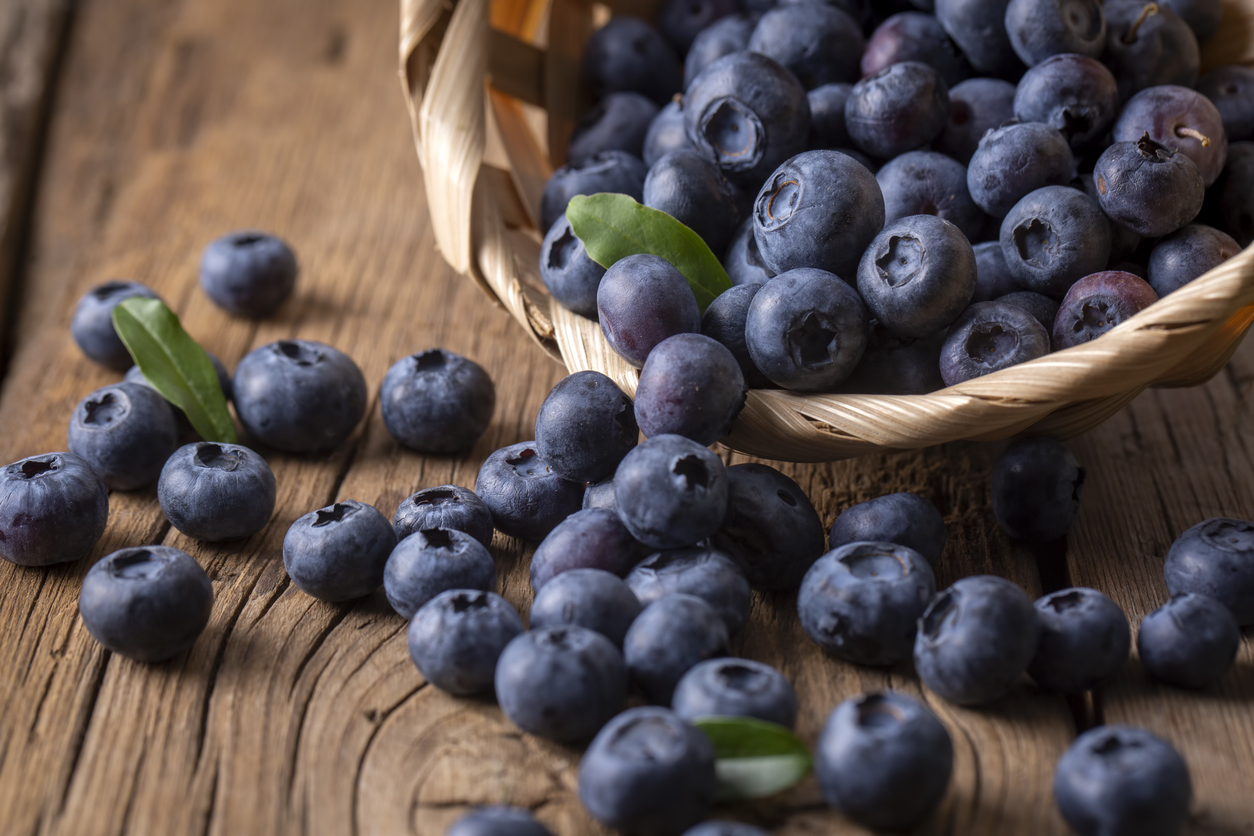Why Are Blueberries So Expensive? Understanding the High Cost of This Superfruit
Blueberries are a beloved superfood known for their antioxidants, vitamins, and health benefits. However, if you’ve noticed that blueberries are more expensive compared to other fruits, you’re not alone. The price of blueberries remains consistently high due to several factors, including growing conditions, labor costs, transportation, and market demand.
In this article, we explore why blueberries are so expensive and what contributes to their premium price tag.
1. Blueberries Require Specialized Growing Conditions
Blueberries aren’t as easy to grow as apples or bananas. They require specific soil, climate, and farming techniques, which limit where they can be cultivated.
✔ Soil Requirements – Blueberries thrive in acidic soil with a pH between 4.5 and 5.5, which is uncommon in many regions. Farmers often modify soil conditions to support blueberry growth, increasing production costs.
✔ Climate Sensitivity – Blueberries require cool winters and mild summers. Extreme weather events such as droughts, frosts, and heatwaves can significantly affect crop yields, reducing supply and driving up prices.
✔ Limited Growing Regions – The largest blueberry-producing countries include the U.S., Canada, Peru, Chile, and Spain, but production is seasonal, leading to import costs during off-seasons.
2. Blueberries Are Labor-Intensive to Harvest
Unlike some fruits that can be machine-harvested, blueberries are delicate and often picked by hand to avoid bruising. This makes harvesting time-consuming and expensive.
✔ Hand-Picking Costs – The careful selection of ripe berries means farmers need a large workforce, increasing labor costs.
✔ Rising Wages – In regions like the U.S. and Europe, labor shortages and increased wages have made fruit harvesting more expensive.
✔ Sorting & Packing Costs – Blueberries must be sorted, cleaned, and packaged carefully to maintain freshness and quality, adding to production expenses.
3. Transportation & Cold Storage Costs Are High
Since blueberries are highly perishable, they require specialized transportation and refrigeration, increasing their overall cost.
✔ Cold Chain Logistics – Blueberries must be stored and transported at low temperatures to maintain freshness. This requires refrigerated trucks and storage units, which are more expensive than regular transportation.
✔ Import Costs – Many countries import blueberries from Peru, Chile, or Spain when local supply is low. Importing fresh produce adds tariffs, taxes, and higher freight costs.
✔ Short Shelf Life – Blueberries have a limited shelf life compared to fruits like apples or oranges. Retailers price them higher to compensate for potential spoilage losses.
4. Seasonal Supply & Climate Disruptions Affect Prices
Blueberries have a short growing season, meaning supply fluctuates throughout the year.
✔ Off-Season Imports – In the off-season, consumers rely on imported blueberries, which are more expensive due to logistics and demand fluctuations.
✔ Climate Change Impact – Extreme weather conditions, such as the El Niño phenomenon, have severely impacted production in countries like Peru, where blueberry production fell by 50% in 2023, causing global prices to rise.
✔ Supply Chain Disruptions – Delays in shipping and freight transport have led to shortages in some markets, further pushing up prices.
5. Increasing Demand for Blueberries as a Superfood
The global demand for blueberries has skyrocketed due to their health benefits and use in smoothies, desserts, and snacks.
✔ Health Benefits Drive Popularity – Blueberries are rich in antioxidants, fiber, and vitamin C, making them a popular choice for health-conscious consumers.
✔ Growing Middle-Class Markets – Countries like China and India have seen a rise in blueberry consumption, adding pressure to global supply.
✔ Retail & Organic Premiums – Organic blueberries are even more expensive due to higher farming costs and demand for pesticide-free produce.
6. Will Blueberry Prices Ever Go Down?
The cost of blueberries is unlikely to drop significantly due to:
🔹 Climate change challenges – Rising temperatures and unpredictable weather will continue to impact supply.
🔹 High labor costs – Manual harvesting will remain expensive.
🔹 Expanding demand – As more people consume blueberries, competition for supply will keep prices elevated.
However, technological advancements in farming, transportation, and supply chain efficiency may help stabilize prices in the long term.
Conclusion
Blueberries are expensive due to specialized farming, labor costs, transportation challenges, seasonal supply, and rising demand. While prices may fluctuate throughout the year, import costs and climate conditions will continue to influence their market value.
If you’re looking to import or buy blueberries in bulk, Wigmore Trading specializes in sourcing and distributing fresh produce at competitive prices. Contact us today for wholesale blueberry supply!








Comments are closed.